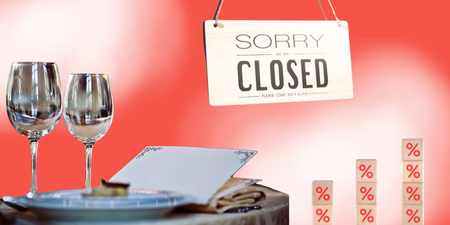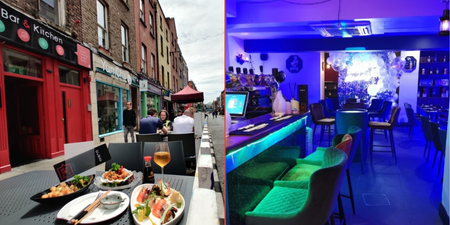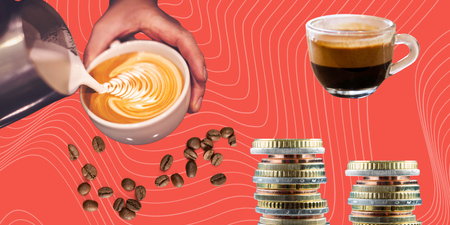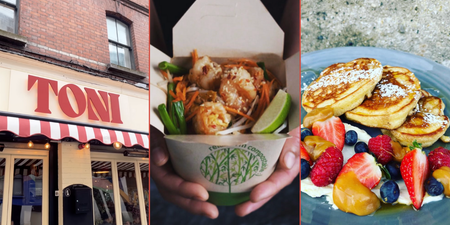Food start-ups in 2015 are the tech start-ups of 2014, offering something we all actually need, rather than something we all think we need, and there’s as much scope for creativity and innovation on a plate as on a phone.
If you’re thinking of taking the big leap and bringing your foodie favourites to a wider community, here are some things to consider.
Feasibility:
As with all creative industries, your product or idea might be brilliant, a marvel-child of creative imagination and sheer ingenuity…but that doesn’t mean it will work as a business. Your first step is to figure out if it is feasible for you to bring your idea from kitchen to market.
Nobody knows better what will or will not work in your local industry than enterprise organisations. These will guide you in figuring out the business side of your business, and in analysing your own idea and plans from a practical perspective from the ground up – in other words from you to the market. Are you able to work independently and responsibly, to see your commitments through? What are the risks? They can also provide you with all the relevant and necessary legislation and registration information.
- Bord Bia – Looking to Start a Food Business?
- Local Enterprise Board – Find Your Local Enterprise Office
- Food Academy
- Irish Small and Medium Enterprises Association
- Food Works

Network
Remember this, for there is no industry in which this is not true: it’s all about who you know. Until you have the experience yourself, borrow the wisdom from others, and anyway, ideas grow best when you bounce them off other people, not the wall.
There are a number of collectives, organisations and individuals out there who not only have the experience you need, but who are dedicated to helping out people just like you, people looking to make the next step. Dublin Food Chain is a forum and network for marketing and cooperation in the capital’s food industry.
Their focus is the promotion of local food producers and in the creation of opportunity for those producers. They also publish a directory of producers which is free to join.
Test your idea
Before both feet get wet, try dipping in just a few toes first: bring your product directly to local communities, to your target audience. This might well be the most important step between your kitchen and the big bad business world: selling your product at farmers’ markets means you can gauge your target audience’s likes and dislikes, develop your product, and, vitally, engage directly with the people you want to buy it.
Nothing goes so far in this world of media saturation as the personal touch, and markets allow you to build up a customer base who want to shop locally and actively continue to support you. And of course, you can make some money doing what you love to do.

There are generally three types of farmers’ market: the standard market with a focus on high quality local and artisan foods, the lunchtime markets with stalls selling hot and fresh food, often with a more international flair, and tourist markets, located in busy spots and boasting arts and crafts stalls as well as food. You’ll need to identify which is the best option for your product, whether you’re selling homegrown herbs, cooked food or bespoke baked goods.
Bord Bia publishes a fairly comprehensive list of farmers markets across the country, including regular events in Dublin like Newmarket’s Dublin Coop.
You can also look into Country Markets Ltd, a national cooperative which has been in existence since 1946 and whose branches generally hold one indoor market a week. Not to mention all the specialist markets if relevant, and any number of local events for which you might be better off asking than Googling
Define and refine your brand
Branding is the lifeblood of marketing, and marketing is the lifeblood of a successful business. Your brand is more than just your name, it’s your identity. It’s your ethos, and your unique selling point. What is it that makes your product unique, and how do you get that across to your customers?
The direct contact that you gain from interacting with your customers at markets and fairs means you have opportunities to ask them directly what appeals and does not appeal, and to try out ideas and options. This way you begin to formulate your identity, and a visual way of communicating this to your customers when you can’t speak to them directly. This will form the basis of your online presence too, so get a design going, snap up your domain name, and register your Facebook page right now.
Seriously… now.
Finance
The sticky bit. Valuing an idea is very difficult: when you are passionate about something, even putting figures on your own input can be difficult. What every start-up has in common though, whether tech, food or services, is the need for seed capital.
Thanks to the small tech business boom of the past few years, there are lots of special grants, loans, and first-time investment options out there. As well as your own back-of-the-couch penny savings, crowd-funding is still on the cards, and venture capitalism is attainable for high-prospect ideas, though this often comes with a high price tag.
As well as Enterprise Office, there are many useful organisations you can turn to for string-free advice, such as Startups.ie, which provides blog posts on many aspects of business finance, from employee law and dealing with accountants to obtaining the money itself. You will also need to begin
Check out:
- Local Enterprise Office Financial Support
- Startup.ie Financing blog
- Microfinance Ireland
- Bank of Ireland Start-up fund
- Bord Bia
- Angel Networks
Production
So you’ve done your research, you have a website, an accountant and a business plan; you may even have some money. Time to start making and selling!
This year marks the 10th anniverary of Taste of Dublin, and Bank of Ireland is launching its ‘Show Your Business – at Taste of Dublin’ competition today for one of the most coveted prizes imaginable.
Valued at €5000, the prize will allow two lucky businesses to promote their food or bevvie products in their very own booth at the Taste of Dublin, showcasing their brand alongside some of the best in the food and drink industry.
Want to enter? Click here!
Topics:
RELATED ARTICLES


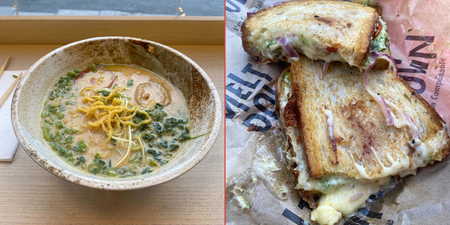
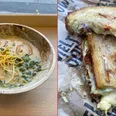


MORE FROM Lovin Dublin


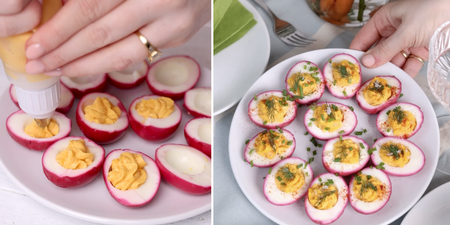





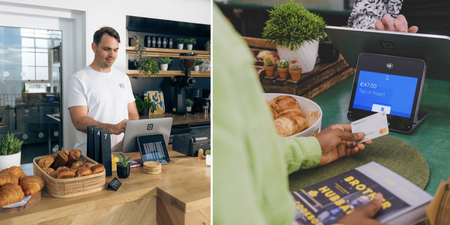
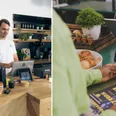


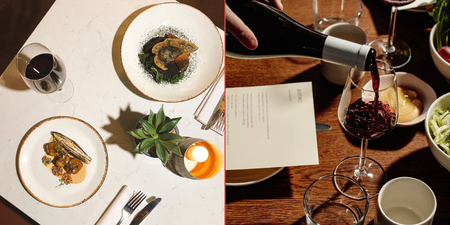











MORE FROM Lovin Dublin


